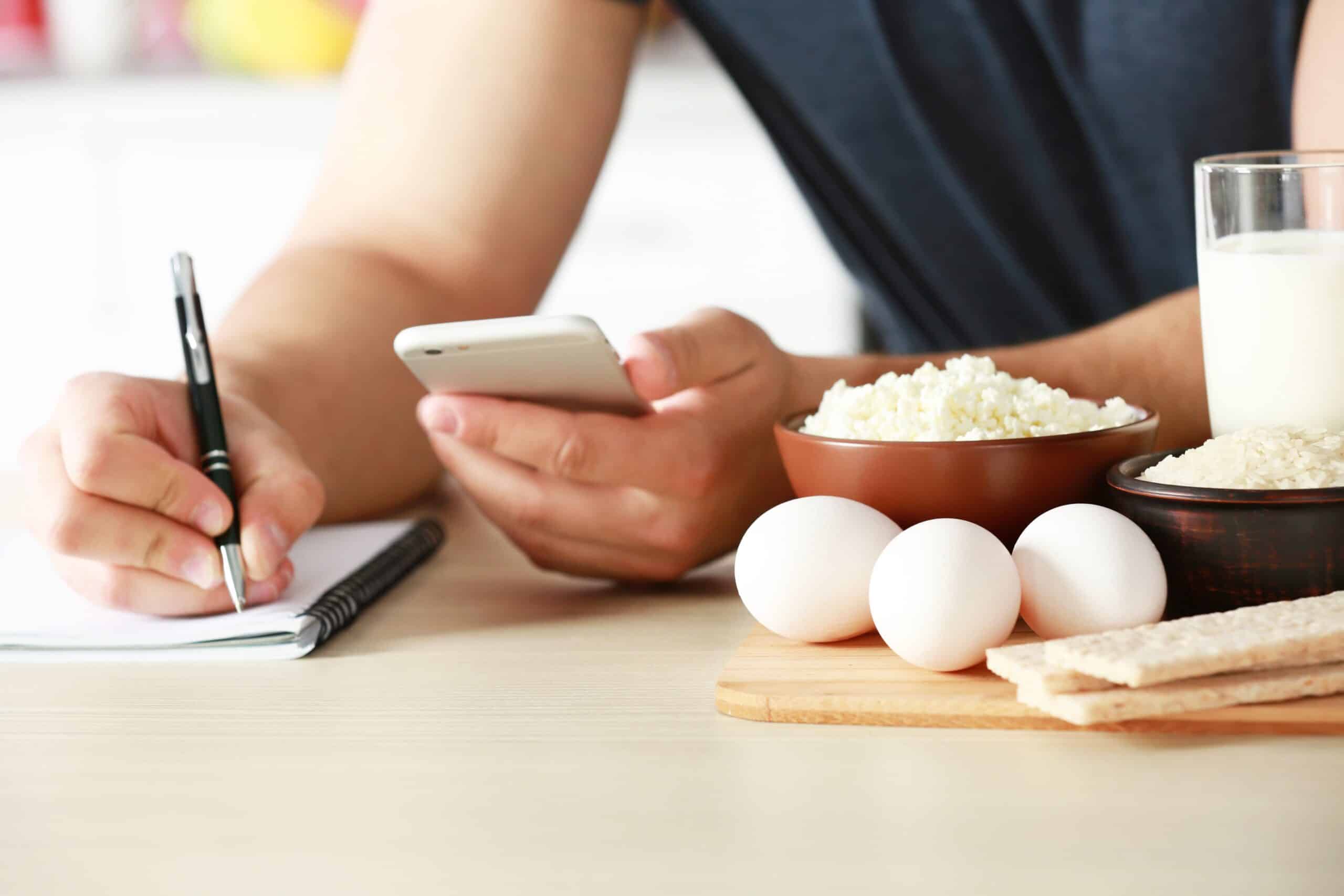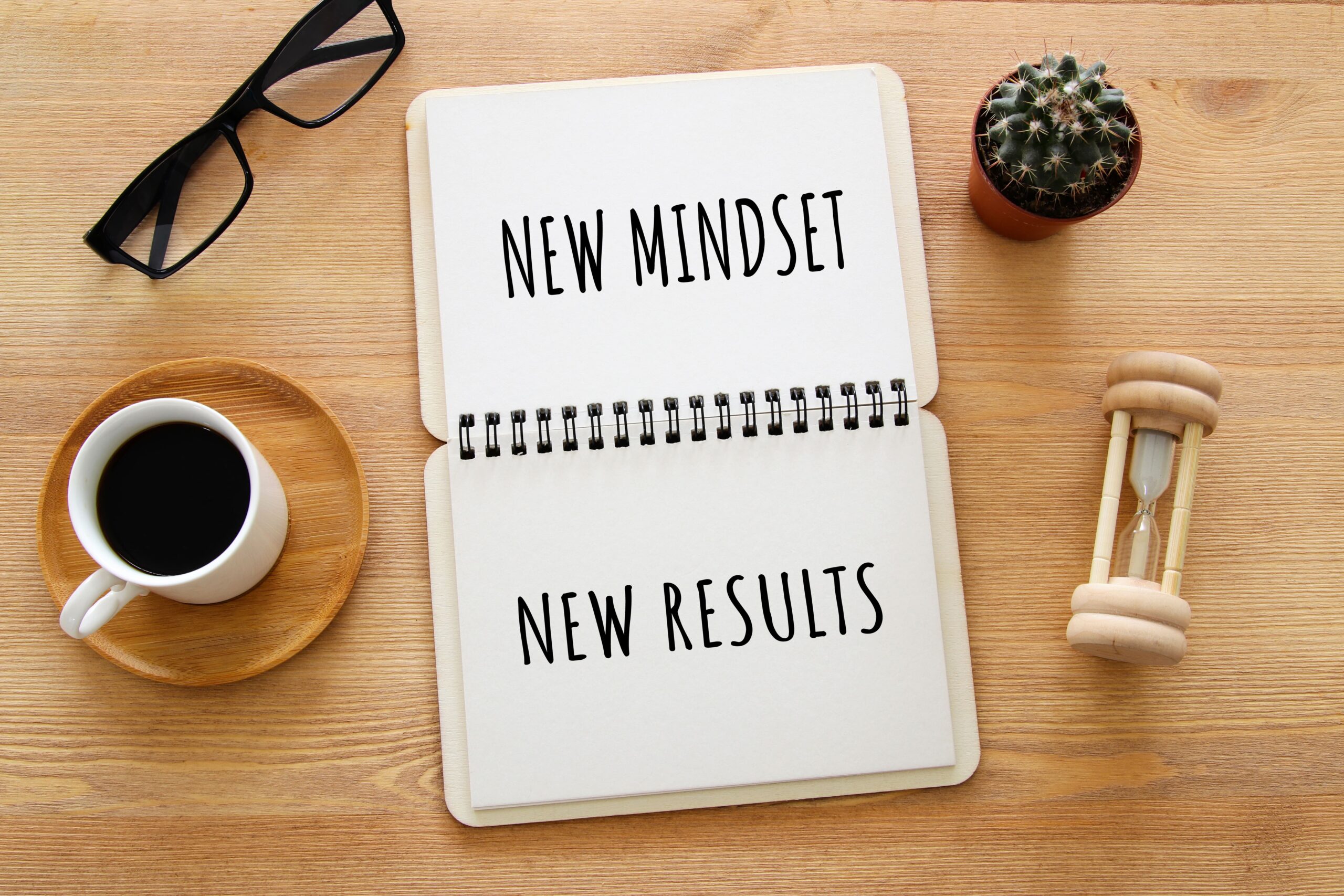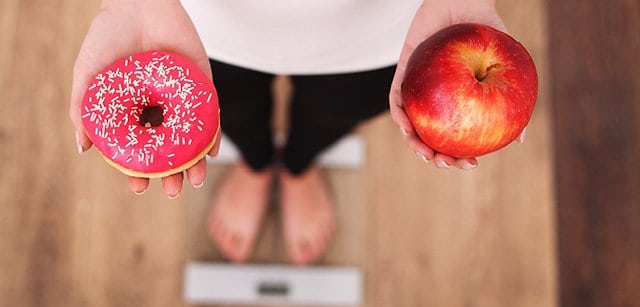Practical tips to improve your relationship with your body and food
Body compassion plays a significant role within the intuitive eating framework, and working on embodiment can also be an essential step in your quest to improve your relationship with food.
So what is body compassion, and how can we develop a practice to improve our self-esteem and cultivate positive embodiment? Read on to learn more!
What is body compassion, and why might we need a body compassion practice?
There are several ways in which we can explain or understand what we mean by body compassion. Put simply, it can be defined as how an individual relates and experiences being in their body.
For years, people of all shapes and sizes have been shamed by diet culture, promoting the ‘thin ideal,’ which places smaller bodies above larger ones.
We live in a society where bodies, like foods, are labelled as ‘good and bad’ or ‘healthy and unhealthy,’ leading to weight stigma and food restriction. Where we are never perfect and constantly need to be improving our bodies, appearance and health.
Being brave enough to unpack our internalised beliefs can be the critical step to finding freedom and being more body compassionate.
However, it’s important to remember that body compassion is prolonged, difficult work. There is a lot of ‘unlearning’ involved, and it is impossible to reverse beliefs overnight.
However, there may be amazing benefits to working on our body compassion. A recent literature review found that having a stronger body compassion practice was protective against poor body image and eating pathology. Body compassion has therefore been linked to decreasing eating disorder outcomes and disrupting the risk factors that may trigger them. (1)
Other research has shown that major life events are less likely to trigger binge eating episodes when body compassion is present (2) and reduce feelings of shame and guilt. (3)
A body compassion study on young women was also shown to reduce social appearance anxiety, upward appearance comparison, body dissatisfaction, drive for thinness, and increase body appreciation and compassion even when tested one month post-intervention. (4)
How can we create develop our body compassion practice?
Body compassion practice is deliberate – it will help to set aside some time each day or week to commit to this form of healing. It can be great to familiarise yourself with these tools and techniques so they feel more natural when you might need them most. Below is some inspiration for what your body compassion practice may look like.
ONE: Making rituals
Making rituals and committing to them can be a fantastic stepping stone in your journey to body empowerment. Some examples you could include in a ritual might consist of:
- Journalling your thoughts, emotions and feelings
- Listening to a body positivity/neutrality podcast or meditation
- Reading a chapter or section of a body liberation book
- Creating and saying a positive mantra
- Yoga, stretching and other movements you enjoy
- Committing to a regular mindfulness practice
- Offering yourself a massage
- Scrolling through the feeds of positive body activists
- Checking in with your values and reminding yourself of them
- Seeking and looking at images of diverse bodies and not just what we see on media
You could write these as a list or in a diagram format to remind you of simple techniques and even add your own ideas too. Hanging this up on a wall or somewhere you will see it daily may act as a gentle reminder to embrace body compassion throughout your day.
TWO: Write a letter to your body
Another step you could try is writing a letter to your body. There are plenty of ways in which you could address this, and examples may include:
- Writing a letter of love to your body, appreciating and noticing its intricacies and nuances, thanking it for all of the amazing purposes it serves in this very moment, and not when or if you look a certain way. Your body allows you to breathe, run, dance eat, sleep, and even read this article!
- Writing a letter of apology to your body for what may have been a lifetime of negativity, low self-esteem, criticism and punishment, engaging in disorderly behaviours and not appreciating it for being a particular shape.
Both of these letters may feel quite difficult to do but can be liberating and help you to reground with your values and what truly matters.
THREE: Explore your intentions.
Ask yourself some questions to further understand your feelings around embodiment and to identify and even alter thought patterns. You could delve into some of the following questions:
- What does embodiment look like and mean to you?
- What are the barriers between you and encompassing your body?
- Are you able to recall a time, perhaps in early childhood, when you felt at peace within your body and carefree of how you would be perceived? How does that differ from how you feel now?
- In what ways do you feel proud of your body and what it can do?
- How has fatphobia shaped your view of your body and yourself?
- When did you first feel as though your body was a problem? What may have influenced this?
- Do you have a particular role model who you feel best represents positive embodiment for you? What about them can you appreciate, and how can you apply this to your own body?
- Have you been able to feel gratitude or appreciation for your body that you didn’t feel previously?
Exploring these questions (and others that may come to mind) can be an excellent way of breaking down internalised beliefs, shifting the blame from ourselves to external sources that feed these beliefs.
Remember, practices can be dynamic and change over time as you learn and progress further and develop more skills and tools to better empower yourself. Stay tuned with future articles and learn how to beat diet culture and boost your body image.
This is extremely brave work, and you are doing amazing in beginning the journey of understanding body compassion.
Priya Chotai, BSc ANutr
EHL Team x
References:
1. Braun TD, Park CL, Gorin A. Self-compassion, body image, and disordered eating: A review of the literature. Body Image. 2016 Jun;17:117-31. doi: 10.1016/j.bodyim.2016.03.003. Epub 2016 Mar 31. PMID: 27038782.
2. Barata-Santos M, Marta-Simões J, Ferreira C. Body compassion safeguards against the impact of major life events on binge eating. Appetite. 2019 Mar 1;134:34-39. doi: 10.1016/j.appet.2018.12.016. Epub 2018 Dec 14. PMID: 30557589.
3. Oliveira S, Trindade IA, Ferreira C. The buffer effect of body compassion on the association between shame and body and eating difficulties. Appetite. 2018 Jun 1;125:118-123. Doi: 10.1016/j.appet.2018.01.031. Epub 2018 Feb 7. PMID: 29427690.
4. Seekis V, Bradley GL, Duffy AL. Does a Facebook-enhanced Mindful Self-Compassion intervention improve body image? An evaluation study. Body Image. 2020 Sep;34:259-269. doi: 10.1016/j.bodyim.2020.07.006. Epub 2020 Jul 24. PMID: 32717627.














